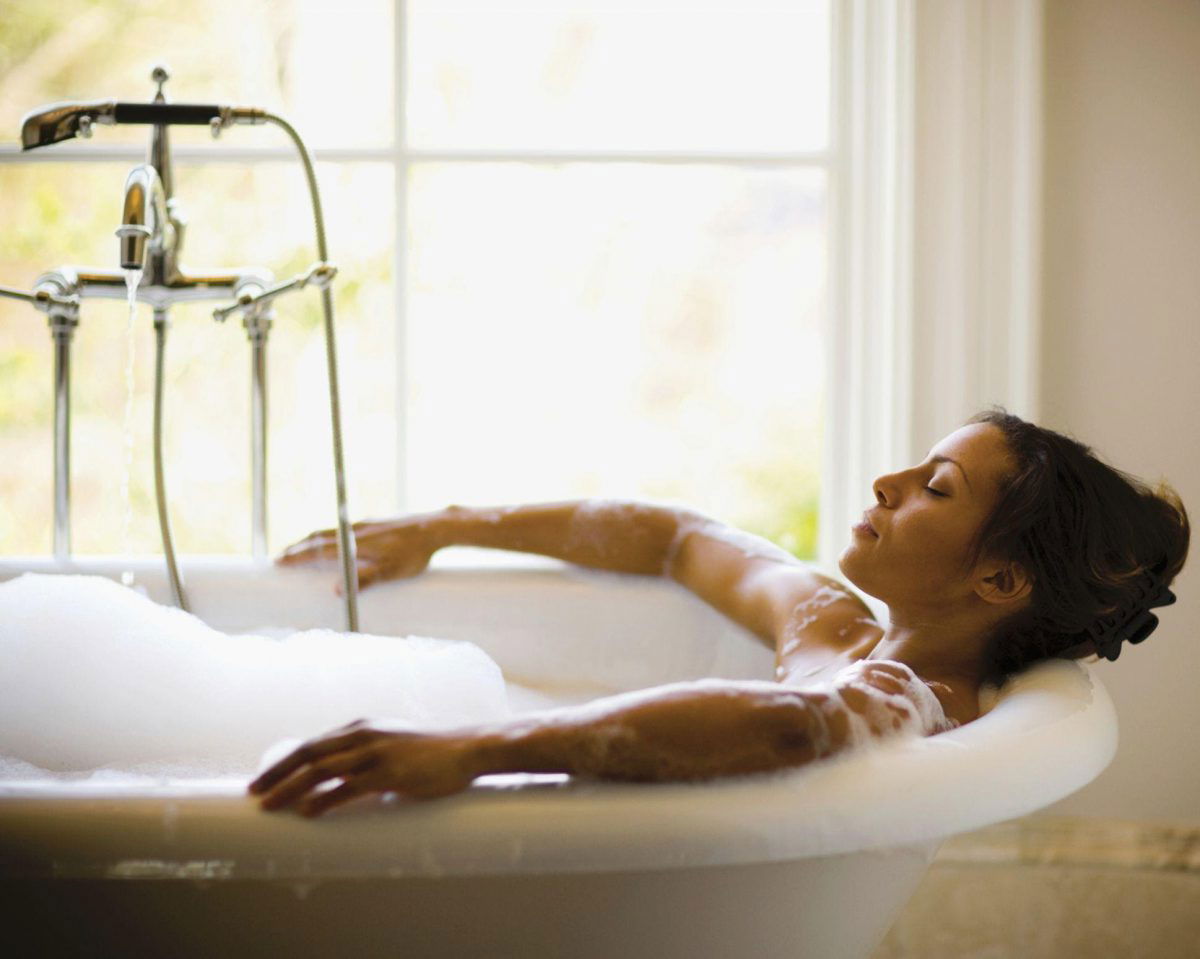Have Trouble Falling Asleep? These Proven Tricks Will Improve Your Sleep Quality In No Time (2 of 6)
Advertisement
Cocktails or caffeinated drinks prior to bed are a big no

We understand how much you value your late-night booze party with friends. However, it’s impacting your health in more ways than you can realize. Not only is it difficult for the body to digest, but it also messes up your sleep. The brain is in an active state for a few hours after you consume alcohol. The same is the case with caffeinated products. Be it coke, a black coffee shot, a piece of dark chocolate, or a scoop of chocolate ice cream you finish your dinner with, you are going to have to avoid having these at least 4 to 6 hours before your bedtime. As the Food and Drug Administration notes, it takes our bodies that long to use up about half of the caffeine consumed. Therefore, it’s best if you can skip these items altogether. If you are too dependent on them, ensure you don’t have them after late afternoon.
Find a nighttime routine that relaxes your brain and prepares you for a good sleep

While you may stop everything you were doing as soon as the clock strikes 10 and get into bed, the body’s functions are a lot more complex. Mere laying down is not going to help your mind relax and go into a deep sleep. Physical shutting doesn’t necessarily ensure mental shutting which is crucial for falling asleep. If you are having too many thoughts or are feeling restless, you need some sort of relaxing activity before you hit the bed. What works best for you can only be figured out by you. Some common night routines that are known to promote good sleep include meditation, skincare rituals, listening to music, a nice long bath, etc.
Be done with your workout by early evening

When we exercise, our body releases some hormones such as endorphins and adrenaline.
While these are considered the ‘good’ hormones, they do excite our brain making it harder to sleep. Therefore, it’s best that your workout regimen is not close to your sleep time. On the other hand, exercise also helps with sleep if you do it during the daytime, says John Hopkins, an expert in psychology. It works out the muscles, aids in digestion, reduces stress, and increases appetite; all of which are directly related to quality sleep.